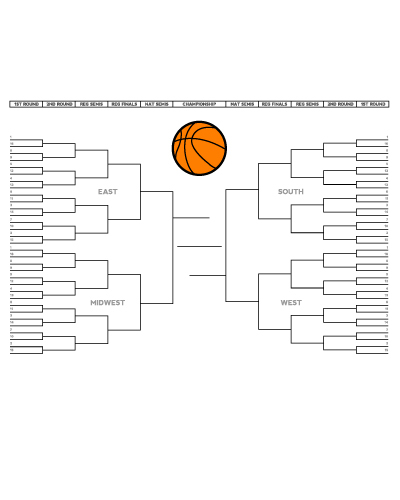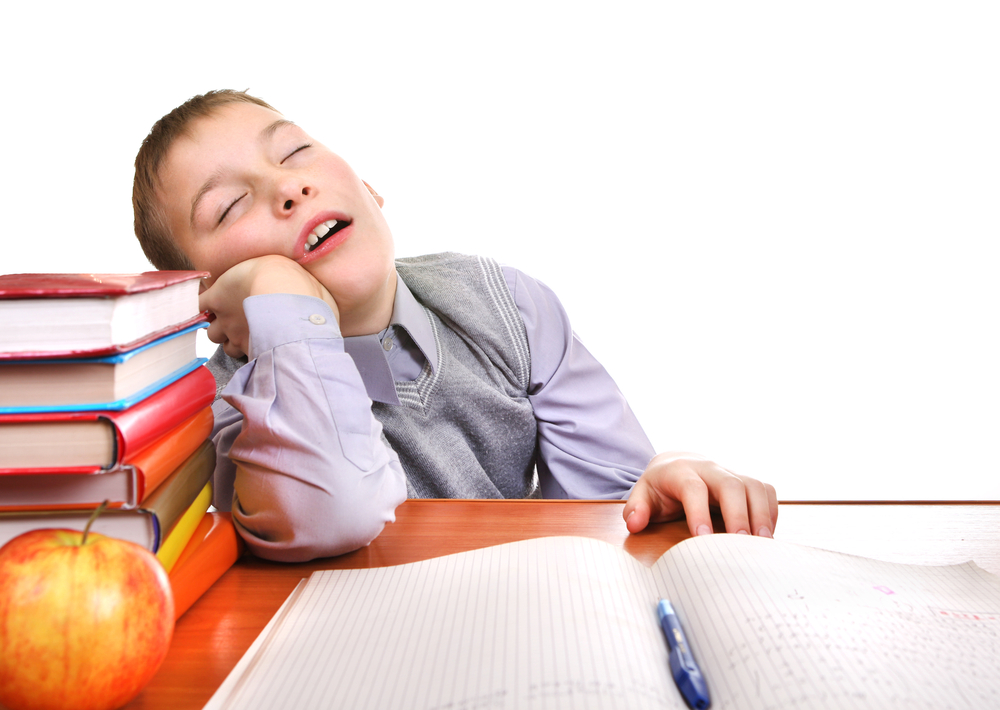Why Your Late Sleeper Doesn’t Play Well Early in the Morning
As parents of young superstars, we know that they need a good night’s sleep to perform at their best. Quantity and quality of sleep is a key factor to having enough energy the next day for a big game. But let’s face it, some kids are just not morning people. They may have gone to bed early but that 8 a.m. game means they may need to get up before their internal biological clock is ready. Now, UK researchers have confirmed that an athlete’s own circadian rhythm will determine the best time of day for top performance.
Previous studies had found that athletes often perform better in the evenings. However, no one had really looked at an athlete’s internal clock in relation to competition time. Roland Brandstaetter and Elise Facer-Childs of the School of Biosciences at the University of Birmingham designed an experiment to zero in on what they call the “diurnal performance variation.”
First, they gathered 120 athletes and found out their individual “entrained awakening times,” or the time that they would naturally wake up if they didn’t have a pesky alarm clock or parents rolling them out of bed. They divided them into three groups: Early-risers, sleepy heads and those in-between. Next, they put each group through the same aerobic fitness test at six different times throughout the day.
The key variable was the elapsed time between getting out of bed and doing the fitness test. An athlete getting up at 6 a.m. and taking the test at noon may have a much different result than one who got up at 10 a.m.
The results showed a surprising variation across the group, as much as a 26% difference in performance across the day. The amount of awake time before the fitness test had a direct effect on the outcome.
"If a one percent difference in performance can make the difference between 1st place and 4th place in a 100-meter race and actually win you the gold medal at the Olympics, then imagine what a 26 percent difference in your performance could give you," said Brandstaetter, Senior Lecturer in the School of Biosciences at the University of Birmingham. "Our research takes us away from the idea of 'time of day of the race' and directs us more to internal biological time."
The research has been published in Current Biology.
Now, we don’t usually have a lot of control over game start times, which can be tough for a late riser has an early game. But at least we can understand why they may have an off game.
"Obtaining a personal best performance is on everyone's agenda, but how to do it, now that is a different question," said co-author Facer-Childs.
NEW! Free Sports Organization Resources
All of TeamSnap's ebooks, articles, and stories in one place. Access Now
Similar Articles:

Picking the Perfect March Madness Bracket is Mathematically Ridiculous
By Dan Peterson, TeamSnap's Sports Science Expert …
Read More

Why Your Late Sleeper Doesn’t Play Well Early in the Morning
As parents of young superstars, we know that they need a…
Read More
Texting Thumbs Light Up The Brain
By Dan Peterson, TeamSnap's Sports Science Expert …
Read More
